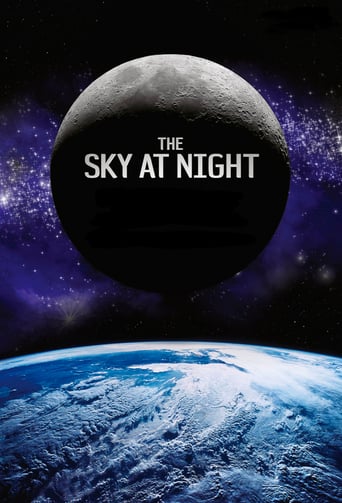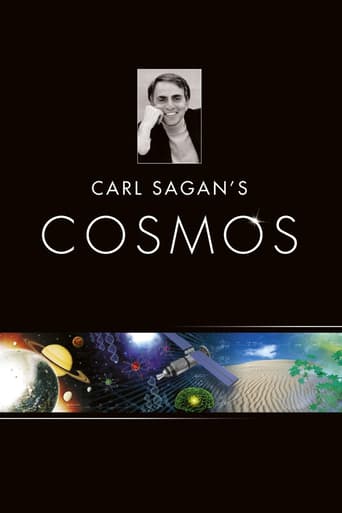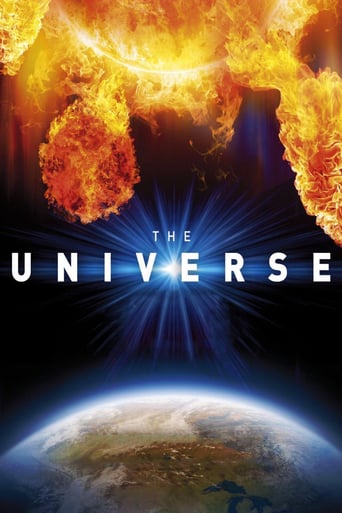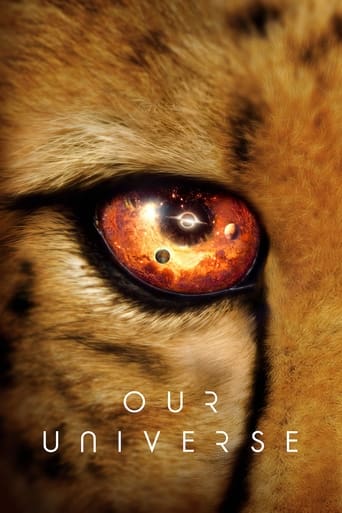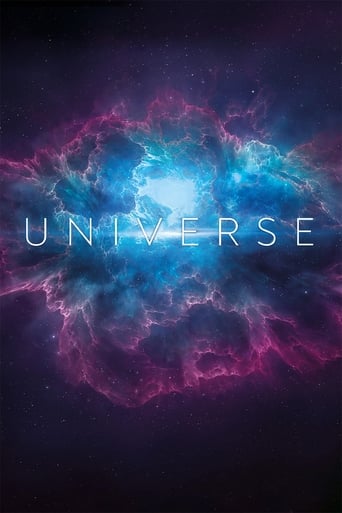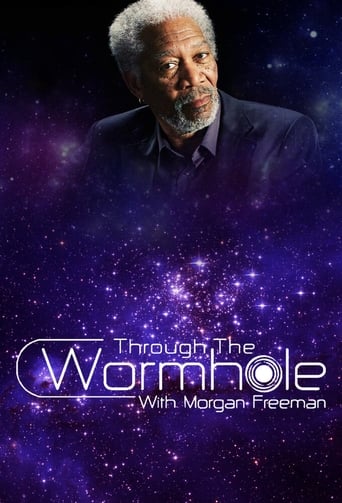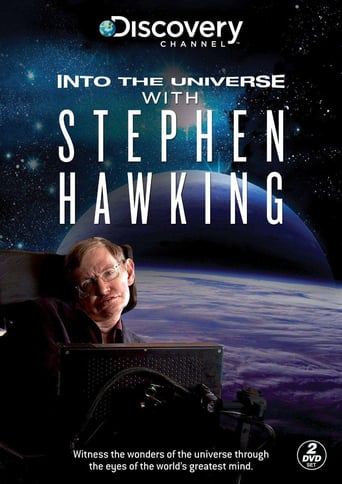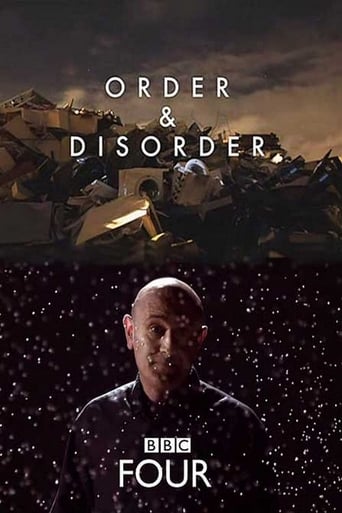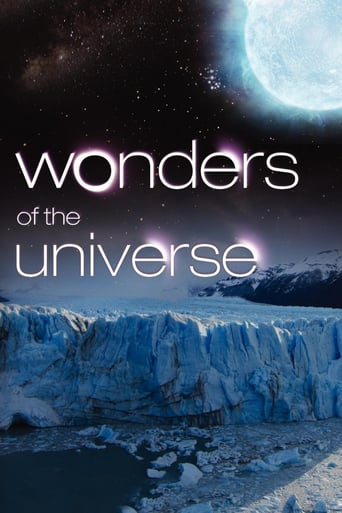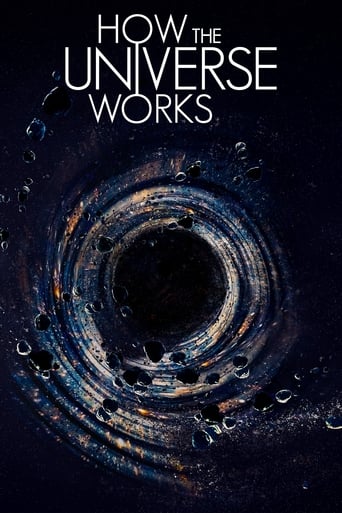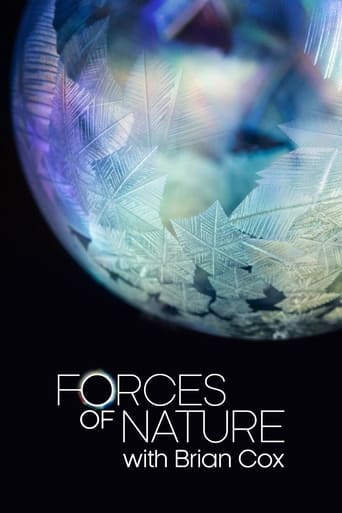The Sky at Night Season 2017
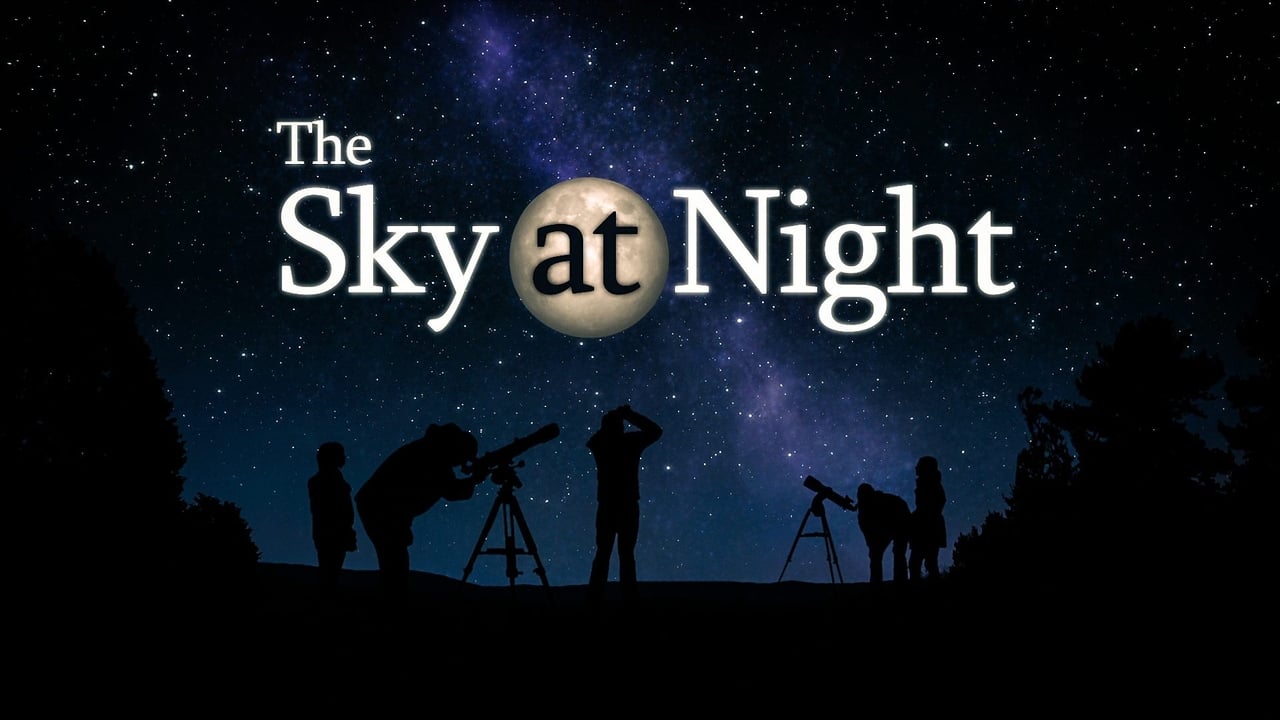
Your monthly journey through the fascinating world of space and astronomy with the latest thinking on what's out there in space and what you can see in the night sky.
Watch NowWith 30 Day Free Trial!
The Sky at Night
1957 / NR
Your monthly journey through the fascinating world of space and astronomy with the latest thinking on what's out there in space and what you can see in the night sky.
Watch Trailer
The Sky at Night Season 2017 Full Episode Guide
The Sky at Night celebrates one of the most profound, moving and enjoyable activities there is - the ancient art of looking up, studying and marvelling at the night sky. The programme is based at the Royal Observatory, Greenwich - the spiritual home of British astronomy - and sets out to discover the many and varied ways we can all enjoy the majesty of the skies. Maggie Aderin-Pocock travels to Norway to see the northern lights, and discovers that we are in a golden age of aurora research as she learns what they tell us about the solar system. Chris Lintott learns the ancient art of navigating by the stars, whilst Pete Lawrence helps choose the right equipment to set yourself up as an amateur astronomer. This is your guide to observing and enjoying all the Wonders of the Night Sky.
Observing events that occur in milliseconds, including the recently detected gravitational wave created by the collision of two neutron stars. Chris Lintott joins astronomers trying to detect a gamma ray burst in space, while Lucie Green discovers how similar phenomena can be found much closer to home. We're used to thinking that the universe operates on timescales of millions or even billions of years, where change happens with imperceptible slowness. But now we've discovered a whole catalogue of events that happen over much shorter times - seconds or even milliseconds. And these sudden, transient occurrences are among the most mysterious, powerful and destructive events in the universe. Observing them has raised exciting new questions about the way the universe works. This month The Sky at Night explores this world of transient phenomena. We hear more about the explosive event that created the recently detected gravitational wave - the collision of two neutron stars. And Chris spends 24 hours at the SWIFT space telescope base in Leicester in an attempt to detect a gamma ray burst - the most powerful and extreme short-term event known. Maggie goes to meet the team that are searching for the mysterious, barely understood transient phenomena called fast radio bursts. And Lucie Green reveals that some important short-term phenomena can occur much closer to home too. Astronomy used to be about staring up at the unchanging sky, so this search for transitory objects is truly revolutionary. It's time to enter the spectacular world of astronomy that takes place... in the blink of an eye...
A look at the reasons behind renewed interest in sending manned missions to the moon, with plans by technology companies to build a permanent base on the satellite.
On 15 September 2017, the most successful space mission of all time will come to a dramatic and violent end as the Cassini probe is sent crashing into the planet Saturn. This one space probe has rewritten the rules of space exploration, repeatedly surprising scientists with its incredible and unexpected observations. It discovered lakes of pure methane on Saturn's moon Titan, mysterious weather systems on Saturn itself, and all the conditions for life on the moon Enceladus. It has exceeded every expectation of its original design brief, and its mission duration has been extended not once but four times. Its legacy for science and for space travel is unique. Chris Lintott and Maggie Aderin-Pocock explore four major ways in which space exploration of the future has been changed by the discoveries of the Cassini mission.
In August, the most spectacular meteor shower of 2017 coincides with transmission: The Perseids! If it's clear, it'll be a great chance to see scores of bright shooting stars streaking across the night sky. As those shooting stars vaporise in the atmosphere, a small part of some of them will fall to earth as dust. This dust will contribute to a total of about 40,000 tonnes of space dust and debris that falls onto our planet every year. In this episode, Chris Lintott and Maggie Aderin-Pocock investigate this mysterious cosmic debris that comes from outer space.
The team looks at the trans-Neptunian objects - a vast number of strange, dark, icy worlds - which played a crucial role in the evolution of our solar system.
This edition comes from the heart of one of the most influential - and surprising - organisations in the history of astronomy. Maggie and Chris have been granted rare access to the Vatican and its little-known observatory, the Specola Vaticana, perched on a hilltop 30km outside Rome. -- There they explore its rich history and contemporary cutting-edge science, going inside the Vatican walls to visit the Tower of the Winds, a secret antique sundial that revolutionised the length of the year; the remains of a nest of telescopes atop an old medieval church where the science of spectroscopy was born; and the modern labs, manned by priest scientists who study a range of contemporary astronomical problems, from meteorites to binary stars to the birth of the universe itself.
When the first episode of The Sky at Night was transmitted in April 1957, it was still thought that Mars could be home to advanced life, the Space Age was yet to begin, and the Big Bang was just a controversial theory. So to celebrate its 60th anniversary, this special programme looks at how our knowledge of the universe has been transformed in the last six decades - from the exploration of the solar system to the detection of black holes and planets orbiting distant stars. Featuring contributions from Jim Al-Khalili, Dallas Campbell and Monica Grady and including special birthday messages from a host of stars, this is a celebration of an extraordinary age of discovery, and The Sky at Night's role in covering it.
The team travel to the island of La Palma in the Canary Islands where they take control of some of the world's largest telescopes to view the most spectacular sights in the night sky.
All good travel guides need a map, and the team unveil the most detailed 3D map of the Milky Way ever produced. A map that reveals that there may be 50 per cent more stars in the galaxy than we previously thought. American astronomer Neil deGrasse Tyson gives us a guided tour of the strangest stars we have ever observed, and we discover that the Milky Way may already be colliding with our neighbouring galaxy, Andromeda.
Free Trial Channels
Seasons


